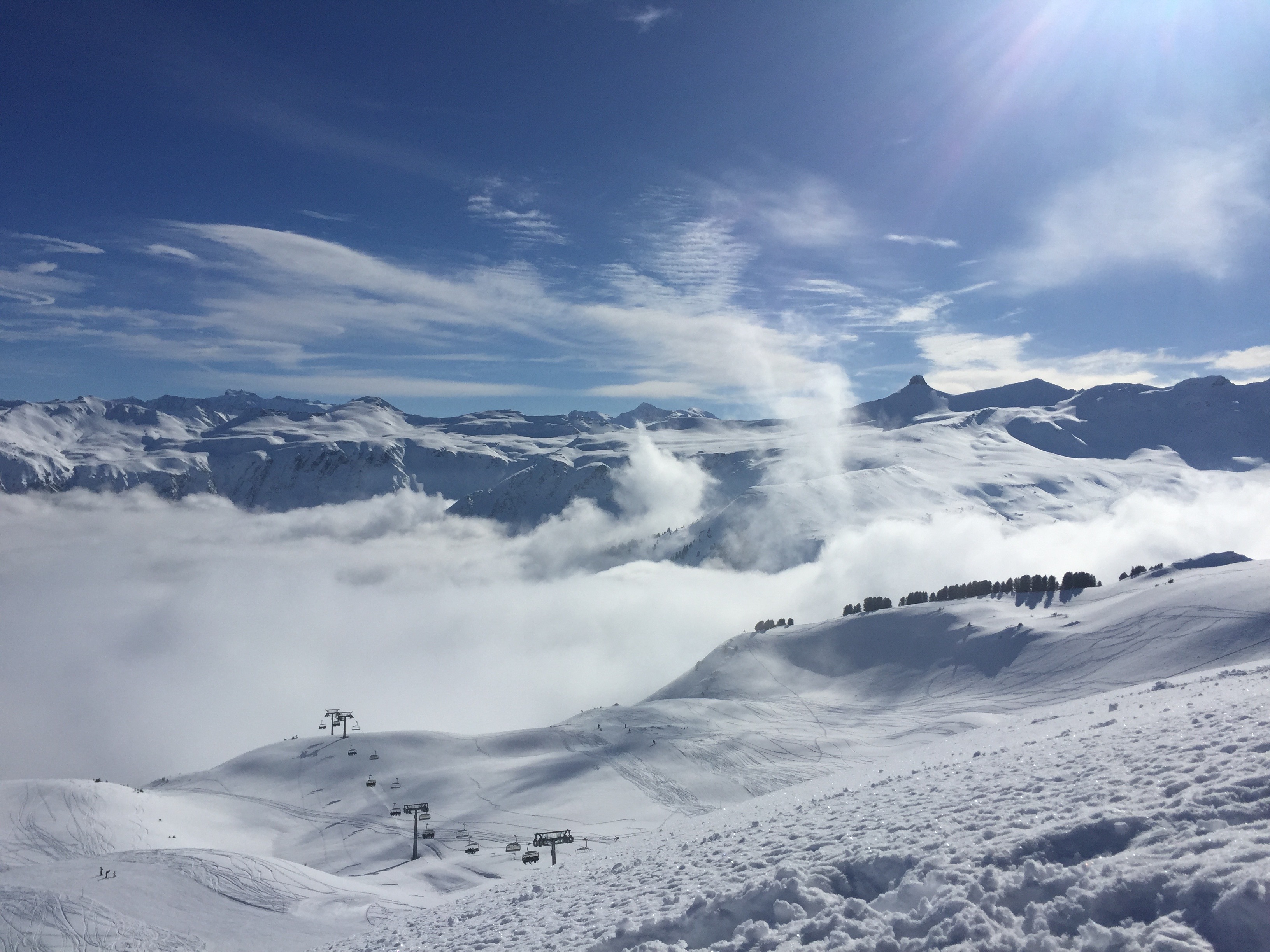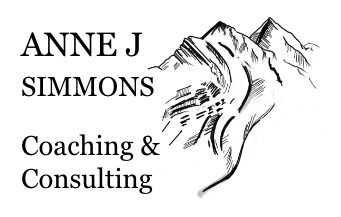Hi. I’m Anne.
I am a Leadership Development Specialist, Coach and Facilitator.
I love the outdoors, and am happiest in the mountains.
My purpose is to enable people to be the best version of themselves, and achieve things they didn’t think possible, through transformative experiences.
Currently I achieve this through designing and delivering leadership development and coaching programs, facilitating workshops and through my work as a volunteer for Disability Snowsport UK.
If this sounds like something you’d like to work with me on, please give me a shout, my details are below.


